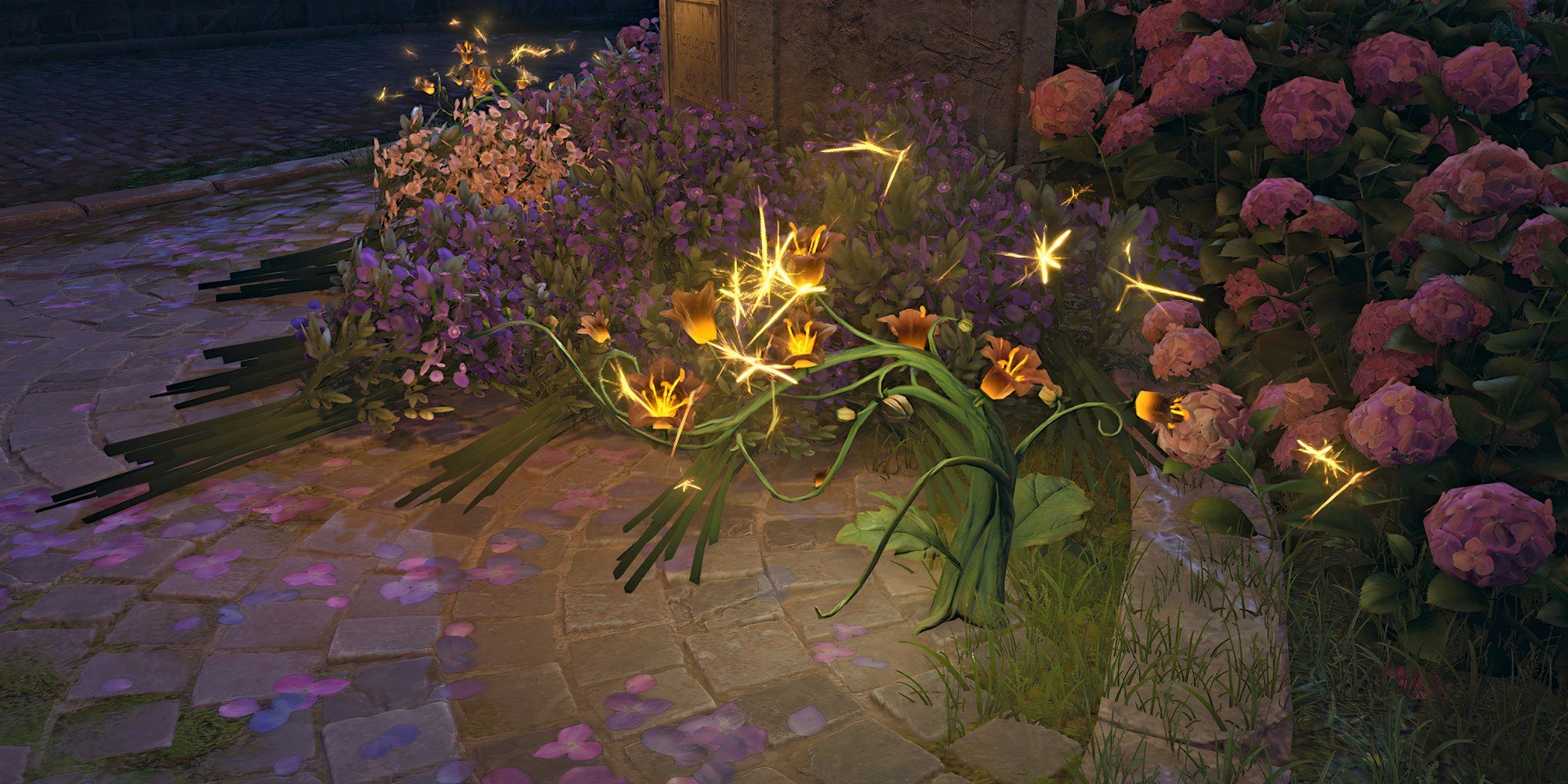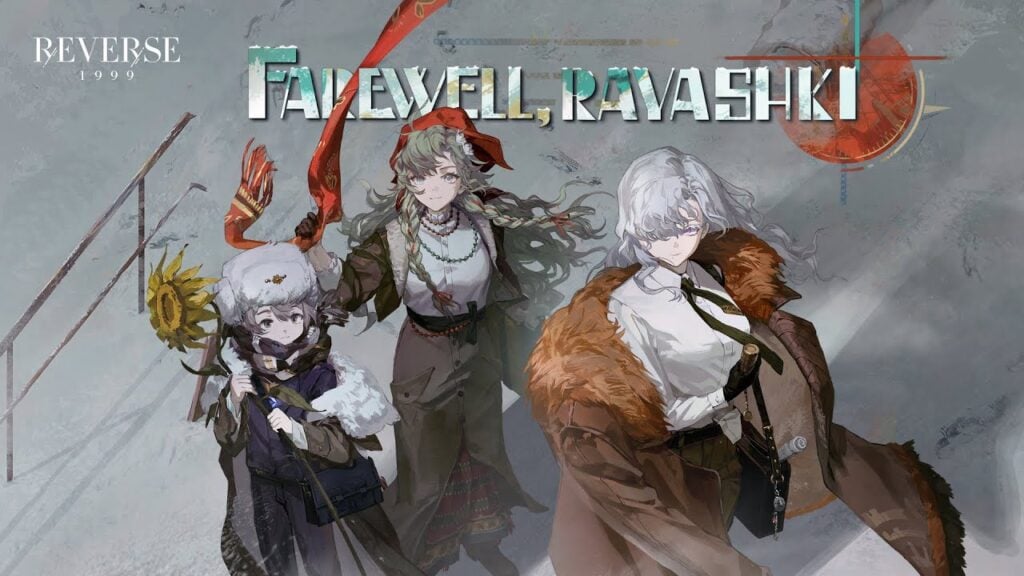It's rare that a developer becomes synonymous with a single genre, but Bethesda has its signature style so locked down it's a wonder we don't just call the entire field of first-person open-world Western RPGs "Skyrimlikes" or "Oblivionvanias." In the three decades since The Elder Scrolls: Arena debuted, Bethesda Game Studios has emerged as a juggernaut in the triple-A space, earning a rabid fanbase, massive sales, and a $7.5 billion acquisition from Microsoft, solely on the strength of its tried and true design principles.
Bethesda has been responsible for some big hits and even bigger misses over the years. The shocking release of The Elder Scrolls: Oblivion Remaster has prompted us to rethink our long-established tier lists, making it the perfect time to take a fresh look at ranking the studio's output. With The Elder Scrolls VI still years away, this list won't be obsolete anytime soon.
Before we start, it's important to clarify that we're strictly talking about Bethesda's trademark RPGs on this list. The mid-tier Elder Scrolls spinoffs, like the co-op focused Battlespire and swashbuckling action-adventure Redguard, do not qualify. Nor do mobile games like The Elder Scrolls Blades and Fallout Shelter, though the latter's dark humor and charming Vault Boy style hold a special place in many hearts.
This list focuses on the heavy hitters—the sprawling, prestige sandboxes that immediately come to mind when one thinks of a capital B, capital G "Bethesda Game." We start with...
9: Elder Scrolls: Arena
The first entry in the franchise isn't last because it's a bad game; it's last because nobody knew what they were doing back in 1994. Bethesda had primarily made sports and Terminator games, and Arena was a mix of both. Originally, you traveled the world competing in medieval gladiator battles and doing side quests. The developers soon realized the potential of allowing fighters to explore cities, interact with NPCs, and delve into challenging dungeons.
The result is an impressive first-person RPG that reflects its era, reminiscent of Ultima Underworld and Might and Magic. Arena features arcane systems, randomized loot, meandering sidequests, and clunky movement that challenges your mouse skills. The combat, based on stats and dice rolls, can be frustrating, as your hits might not register damage. Thankfully, Bethesda abandoned the gladiator concept, though not before the game's title was set in stone. The addition of "chapter one" suggested a larger saga centered on the all-knowing Elder Scrolls.
Declaring a debut as the start of a new franchise was a bold move, but the flawed Arena was successful enough to set Bethesda on a path that would fulfill its prediction and boldly go beyond.
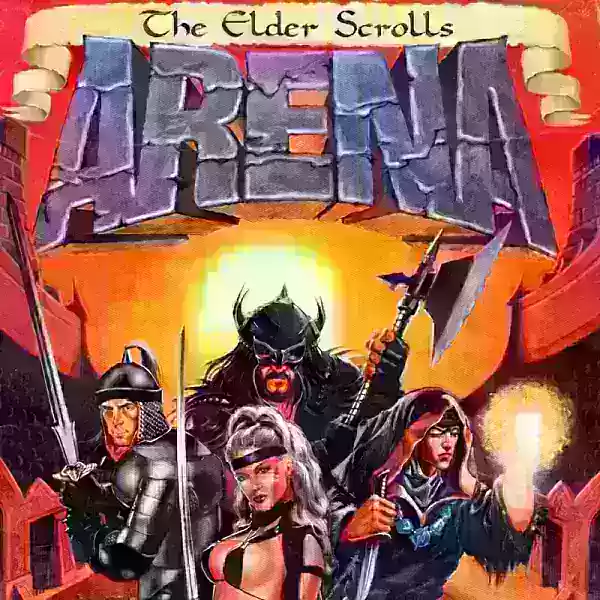 The Elder Scrolls: Arena
Bethesda
The Elder Scrolls: Arena
Bethesda
8: Starfield
With every new BGS game, rumors circulate about whether it will ditch the aging "Gamebryo" engine. Starfield, unfortunately, did not. "Creation Engine 2.0" boasts a new animation pipeline, but players still face loading screens when entering stores.
The NASApunk sci-fi setting was a welcome change from the low-tech locales of Tamriel and the Wasteland, yet it's not ideally suited for Bethesda's style. They excel at crafting one connected world filled with discoveries and detailed storytelling. Starfield, however, features 1,000 procedurally generated planets with repetitive points of interest.
Landing on a new planet and encountering yet another abandoned cryo lab or mine can be aggravating. In other Bethesda games, you can easily move to something more interesting, but in Starfield, you're often stuck clearing out pirates and returning to your spaceship with a sigh.
It might seem harsh to rank Starfield so close to Arena, but it's easier to forgive the shortcomings of a pioneering first effort than those of a $200 million triple-A title that promised much and delivered less.
 Starfield
Bethesda Game Studios
Starfield
Bethesda Game Studios
7: Elder Scrolls: Daggerfall
One reason Starfield's procedural generation disappoints is that Bethesda has extensive experience with it. Its second RPG, released in 1997, remains one of the most ambitious feats of algorithmic open-world creation.
Skyrim's map covers about 15 square miles, smaller compared to games like Breath of the Wild and Grand Theft Auto 5, which span around 30 square miles. The Elder Scrolls: Daggerfall, however, spans 80,000 square miles—roughly the size of Great Britain. It takes about 69 hours to walk across, though using a horse can speed things up.
The vast world, while sparse and somewhat ugly, is far from empty. The Iliac Bay area features nine distinct climates, 44 political regions, and 15,000 points of interest, including 4,000 dungeons and 5,000 cities or towns. Despite the wonky procedural generation, the world is filled with quests and NPCs.
The dungeon-crawling combat sees only slight improvements, but the debut of the series' trademark "improve your stats as you use their skills" system is a welcome addition. Above-ground exploration is where Daggerfall shines, allowing players to buy houses and boats, join guilds, and engage in criminal activities with consequences. While simple and opaque, the immersive opportunities in Daggerfall make you wish for a multiplayer version.
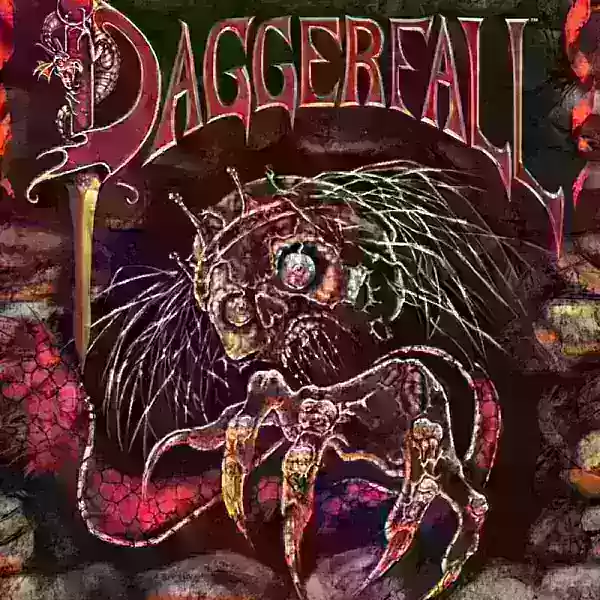 The Elder Scrolls: Chapter II -- Daggerfall
Bethesda
The Elder Scrolls: Chapter II -- Daggerfall
Bethesda
6: Fallout 76
You might wonder why Fallout 76 is on this list, given its shift towards a live service, multiplayer looter-shooter rather than a story-driven RPG. At launch, the game was a disaster, lacking handcrafted dialogue and NPCs, relying on player interactions for flavor. This was a significant misstep, compounded by issues like loot limits, endless crafting, and questionable pricing practices. A grueling development cycle plagued the project from the start.
However, the Wastelanders update added voiced NPCs, technically making it the game with the most characters in the Fallout series. While the quality of the dialogue is debated, these additions, along with loot system tweaks, have made Fallout 76 a more enjoyable RPG to play with friends. Despite its revival and the boost from Amazon's Fallout TV series, it's hard to rank it highly when compared to the superior Elder Scrolls Online.
Fallout 76's pivot towards live-service elements raised doubts about Bethesda's handling of the Fallout franchise, reflecting broader discontent even as sales grew.
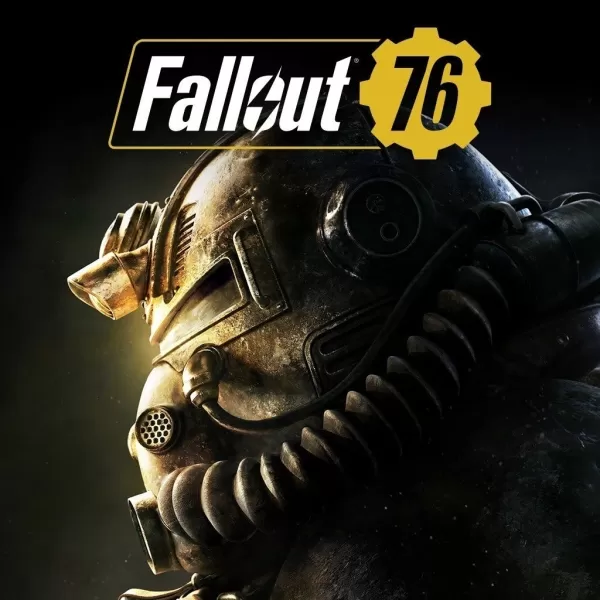 Fallout 76
Bethesda Game Studios
Fallout 76
Bethesda Game Studios
5: Fallout 4
With 25 million copies sold, Fallout 4 is the most successful game in the series by a wide margin. Its streamlined gameplay and quality-of-life improvements transformed it into a mainstream blockbuster, though at the cost of some depth and complexity.
The game feels great, with responsive movement and shooting. The Commonwealth is a worthy environment to explore, and the settlement-building system is an impressive addition, though its appeal is divisive. The game's visuals and audio are top-notch, arguably the most polished Bethesda launch to date. Expansions like Far Harbor recapture the old Fallout feel, and characters like Nick Valentine stand out.
However, the storyline involving synthetic humans and the twist about your character's son feels out of place and predictable. The game feels like a Fallout-themed ride, quickly putting you in power armor to face a deathclaw. The dialogue system, with voiced protagonist interactions, severely limits player options, often boiling down to simple choices.
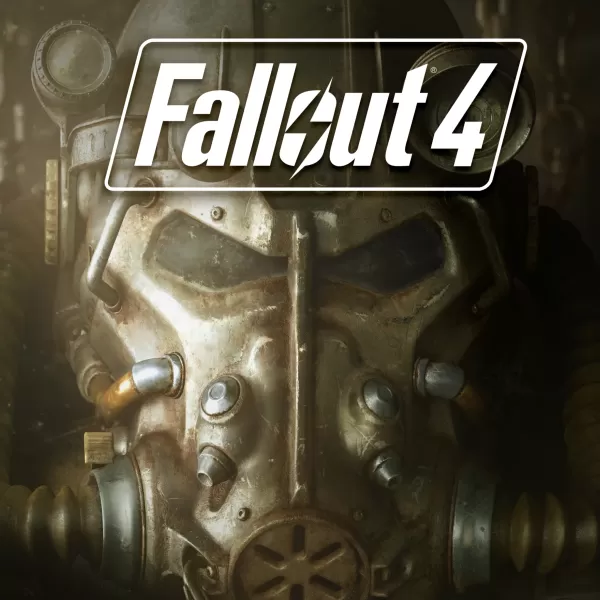 Fallout 4
Bethesda Game Studios
Fallout 4
Bethesda Game Studios
4: Fallout 3
When Bethesda announced it had purchased the rights to the dormant Fallout franchise in 2004, fans were split. Some saw it as a perfect fit, while others worried about a more casual experience. The result was a mix of both.
Fallout 3 starts strong with an opening sequence that serves as a tutorial for the V.A.T.S. system, Bethesda's brilliant addition to the franchise. It elegantly translates the isometric, turn-based targeting of body parts into a first-person experience.
However, not everything in Fallout 3 is as successful. The Capital Wasteland is fantastic, filled with recognizable landmarks, but repetitive encounters in subways and sewers, often in a green filter, mar the experience. Meaningful choices lead to an ending that many found ludicrous, prompting Bethesda to patch it with the Broken Steel DLC.
The game showcases the best and worst of Bethesda's instincts, and the friction between BGS's environmental storytelling and Fallout's anarchic RPG flavor makes the vanilla game a challenging experience today. The Tale of Two Wastelands mod, which merges Fallout 3 with Fallout: New Vegas, or the anticipated remake, are excellent alternatives.
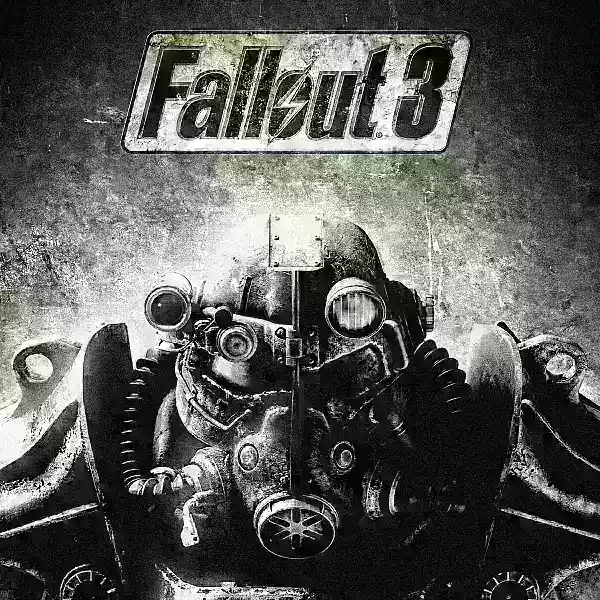 Fallout 3
Bethesda Game Studios
Fallout 3
Bethesda Game Studios
3: The Elder Scrolls IV: Oblivion
Ranking Oblivion is contentious. Its fans might argue it should be higher, while detractors might favor some Fallouts. On this list, its place is definitive.
Oblivion laid the foundation for modern Bethesda games. While Morrowind came before, subsequent Bethesda titles and their imitators have used Oblivion as a template. The conversation system, the dominance of stealth archery, and the power fantasy of a prisoner becoming Tamriel's savior are all here in their final form.
The main plot involves fending off a demonic invasion with a Sean Bean-voiced character, drawing inspiration from the Lord of the Rings trilogy. However, the sidequests, especially those involving guilds, truly elevate Oblivion. The Dark Brotherhood's specific kill conditions and the elusive Thieves Guild add depth and immersion.
Oblivion ranks below Skyrim due to its dated graphics, awkward character animations, and repetitive Oblivion gate trudging. The progression system forces grinding, and enemy scaling remains a challenge. The Oblivion Remaster modernizes the game with improved UI, graphics, and gameplay mechanics, but retains the original's charm and quirks.
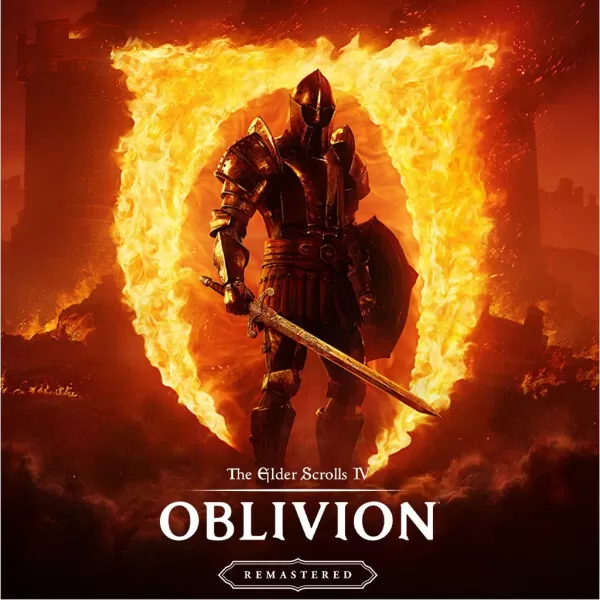 The Elder Scrolls IV: Oblivion Remastered
Bethesda Game Studios
The Elder Scrolls IV: Oblivion Remastered
Bethesda Game Studios
2: The Elder Scrolls V: Skyrim
Skyrim, while a triumph, sacrifices much of what made older Elder Scrolls games special. Its quests are shallower, character customization less extensive, and player choices less impactful. You can become the leader of every guild quickly, and the Civil War's biggest decision feels underwhelming.
In exchange, Skyrim offers significant improvements to gameplay. You can dash across landscapes, engage in enjoyable combat with dual wielding and weapon crafting, and use shouts to dramatic effect. The game feels better on consoles, with a tactile and responsive design.
Skyrim's true strength lies in its setting. Unlike Cyrodiil's generic landscape, Skyrim's frozen tundra, Dwemer ruins, and cozy towns feel cohesive and memorable. The world is so inviting that players dream of settling down in Lakeview Manor.
Skyrim transformed the Elder Scrolls from a niche RPG series into a blockbuster AAA giant. It struck a balance between accessibility and depth, allowing a wide audience to immerse themselves in its world and live out the fantasy of slaying dragons. However, our top spot goes to a game that did the opposite.
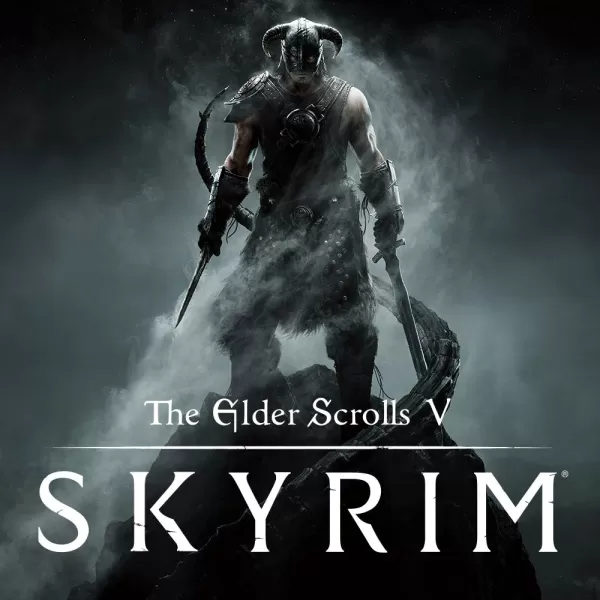 The Elder Scrolls V: Skyrim
Bethesda Game Studios
The Elder Scrolls V: Skyrim
Bethesda Game Studios
Honorable Mention: Fallout: New Vegas
We can't omit the best Fallout game ever made. Developed by Obsidian, it's built on Bethesda's engine and wouldn't exist without the other games on this list. A perfect blend of old-school sensibility and BGS open-world quirkiness, it's essential, especially ahead of the show's second season.
Which brings us to the greatest Bethesda game of all time, coming from the isle of Vvardenfell...
1: The Elder Scrolls III: Morrowind
Despite its lack of polish and accessibility, Morrowind is the greatest Elder Scrolls game. Its combat retains the RNG frustrations of earlier games, and the UI is cluttered and complex. Yet, Morrowind offers unparalleled freedom. There are no quest markers, just a dense journal filled with text and clues. The spellmaking system allows for creative and powerful combinations, and NPCs have extensive dialogue.
In Morrowind, no character is unkillable, and your actions can sever the thread of prophecy. Vvardenfell is a unique world, blending elements from The Dark Crystal and Dune, creating a trippy, organic atmosphere. This individuality comes at a cost, as not everyone was drawn to its experimental nature.
Bethesda made Oblivion more inviting, a decision that paid off commercially. Still, Morrowind's legacy endures, akin to Baldur's Gate 3, which modernized the CRPG genre without compromising its essence. This raises the question: How would a sequel to Morrowind be received today?
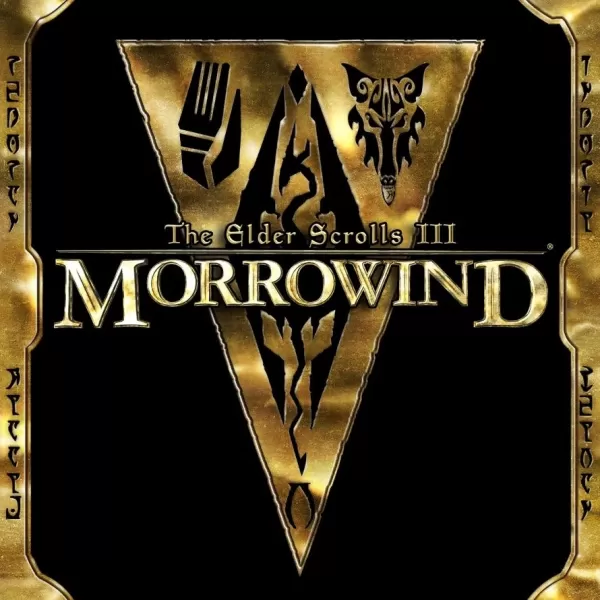 The Elder Scrolls III: Morrowind
Bethesda
The Elder Scrolls III: Morrowind
Bethesda

 Latest Downloads
Latest Downloads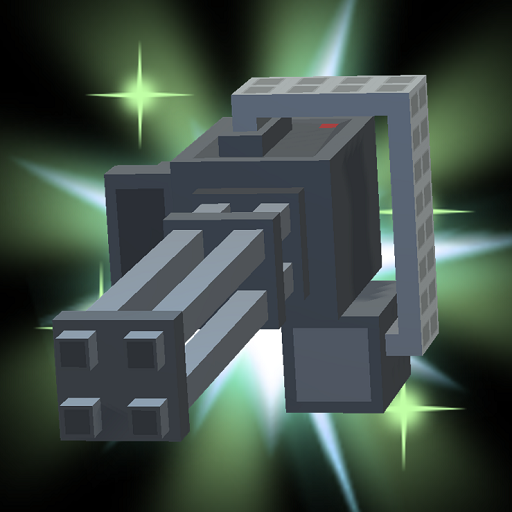
 Downlaod
Downlaod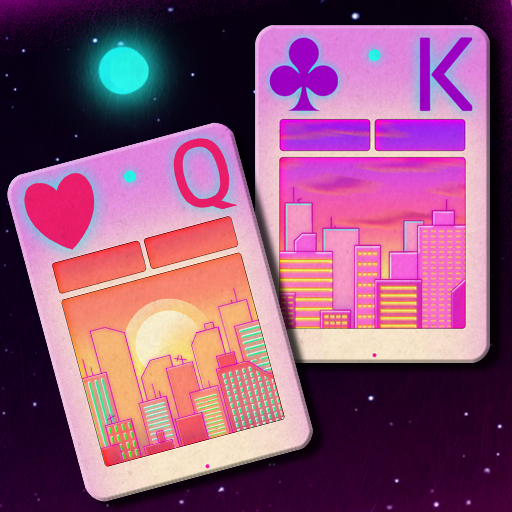
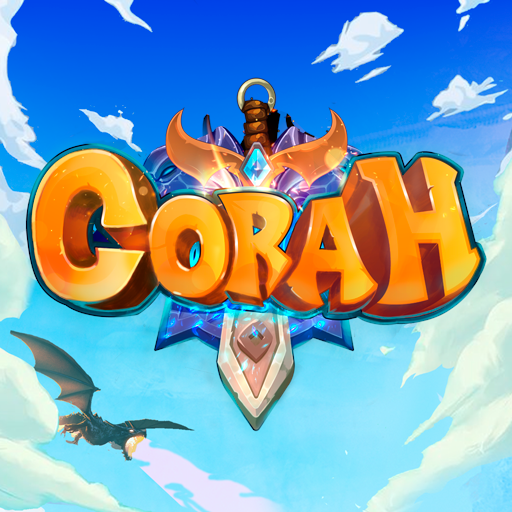

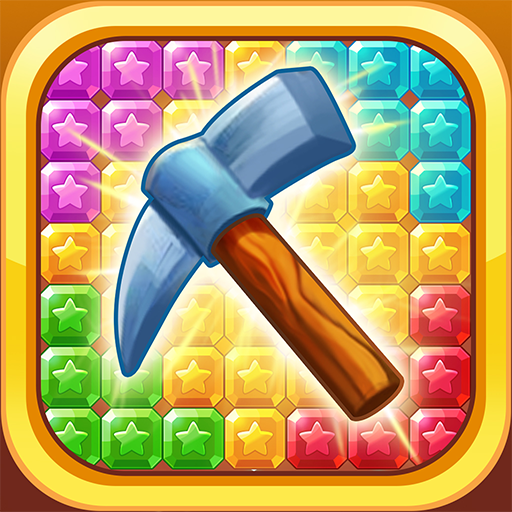
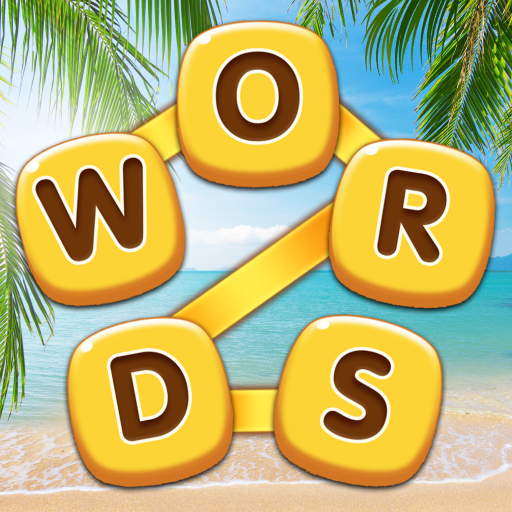
 Top News
Top News

